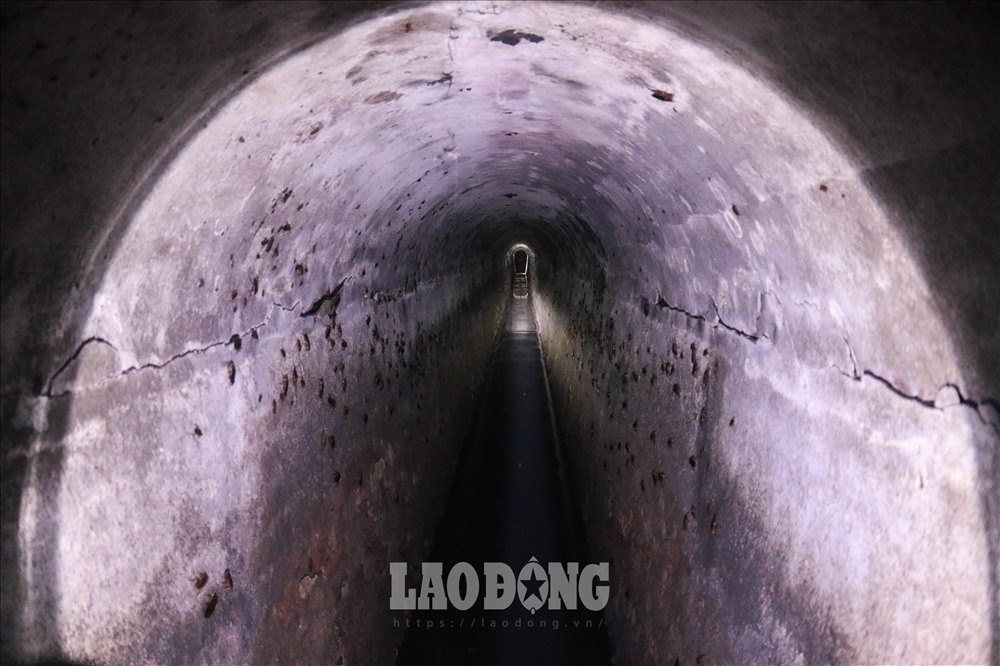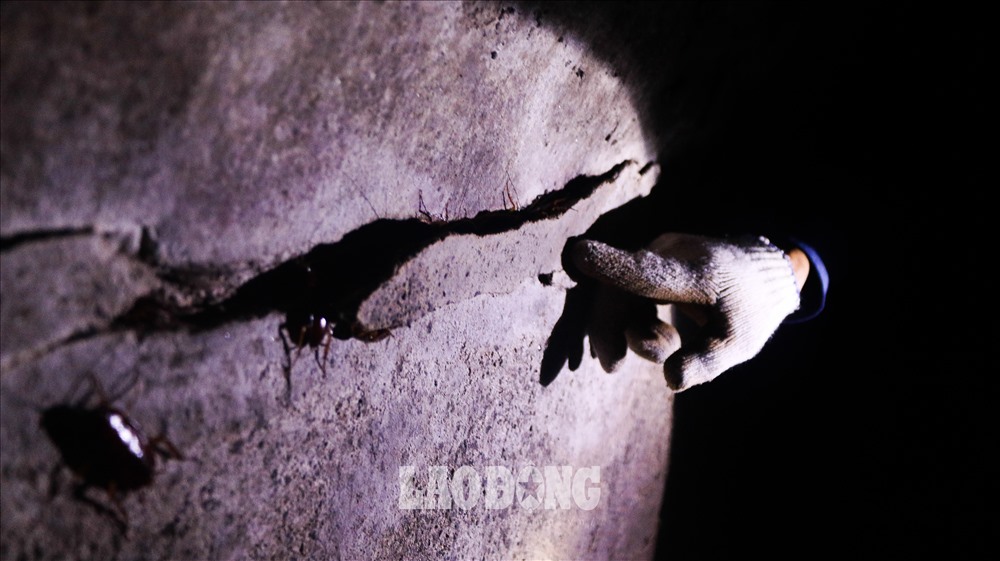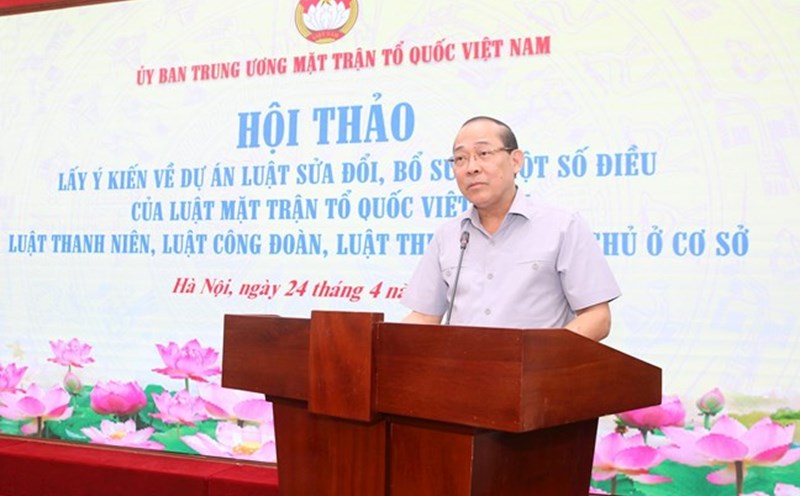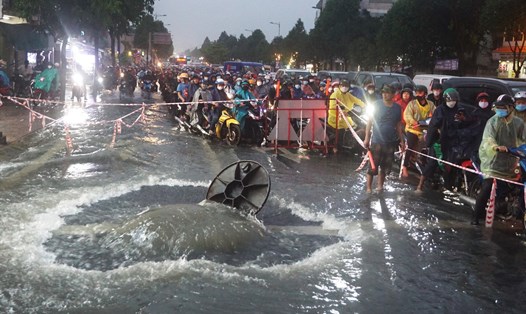The Ho Chi Minh City Urban Infrastructure Construction Investment Project Management Board (Infrastructure Management Board) has just reported to the Ho Chi Minh City People's Committee on the implementation status of the project to renovate and restore old, degraded drainage pipes using open excavation technology in Ho Chi Minh City (SPR project).
This project was approved for investment by the Ho Chi Minh City People's Committee in 2017. The total investment capital is about 467.5 billion VND (equivalent to 20.6 million USD), of which the non-refundable ODA capital is 397.5 billion VND (about 17.5 million USD), and the counterpart capital from the Ho Chi Minh City budget is about 70 billion VND.
The SPR project will renovate 2.78km of drainage on Hai Ba Trung, Yersin, Cong Quynh and Cach Mang Thang Tam streets.
SPR open excavation technology uses thin steel coils coated with plastic on the outside. The steel coils are then attached to the existing sewer arch and reinforced with a chemical mixture to create adhesion, increase load-bearing capacity, and prevent leakage. In particular, this technology does not require open excavation or flow blocking, so it limits drainage obstruction and traffic impact.

However, after 7 years, the project has not yet been implemented due to many procedures and the lengthy appraisal and approval process.
According to the Infrastructure Management Board, to date, the construction design and implementation estimate have not been appraised and approved because a consulting unit has not been selected for appraisal. The preliminary selection of construction contractors has not been carried out.
In terms of finance, the project has only disbursed 20% of the consulting contract advance payment - equivalent to 6.5 billion VND and management costs in 2023 of about 1.3 billion VND.
The Infrastructure Management Board determined that the project is facing many risks.
The investment cost of nearly 200 billion VND/km using Japan's open-cut technology is considered too high compared to the 40 billion VND/km using conventional technology in Vietnam.
Furthermore, SPR open excavation technology does not have any standards, regulations and unit prices applicable in Vietnam. The project profile is based on the standards of the Japanese SPR Construction Association, causing difficulties in appraisal, auditing and settlement according to Vietnamese law.

According to a survey by experts from Osaka City in 2015, the drainage system in Ho Chi Minh City has degraded (over 50 years old) with a total length of about 100 km. However, the SPR project after completion only renovated 2.3 km, equivalent to 2.3% of the total system length.
To complete the renovation of the entire drainage system, it is necessary to continue researching and implementing projects using budget capital using the SPR construction method, which is a difficult problem for Ho Chi Minh City.
The project uses non-refundable aid from the Japanese Government. At the same time, the activities of appointing consultants and bidding for construction and installation depend entirely on the Japanese side. Meanwhile, the cost management and project must comply with Vietnamese law. The difference in understanding and implementation between the two sides has caused delays, prolonged procedures and increased costs from the capital source.
From the analysis and risk assessment, the Infrastructure Management Board has recommended that the Ho Chi Minh City People's Committee consider approving the suspension of the SPR project.









